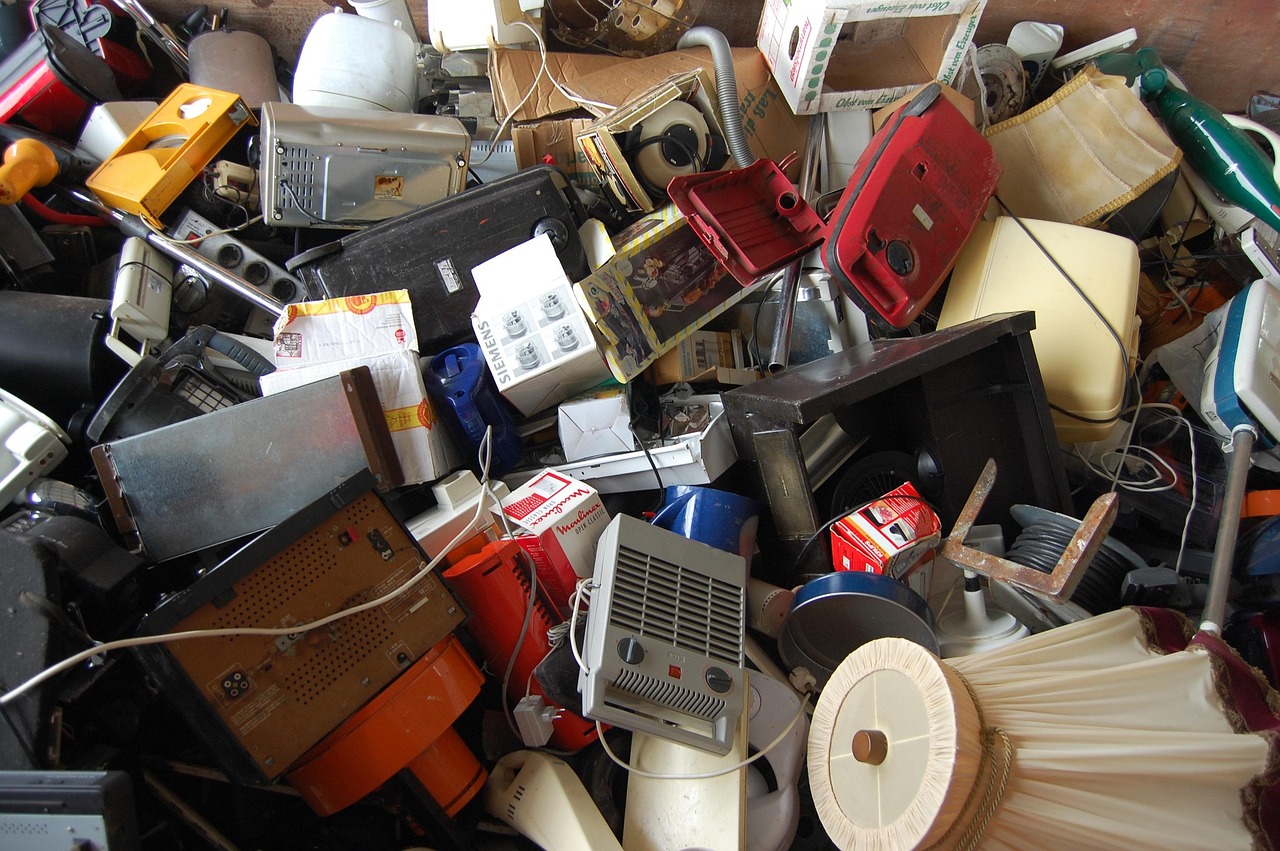Introduction
Electronic waste (e-waste) is one of the fastest-growing waste streams in the world. With rapid technological advancements and increasing consumption of electronic devices, the amount of discarded electronics is rising at an alarming rate. But how much of e-waste is recycled? The global statistics paint a concerning picture, as a substantial portion of e-waste remains unmanaged, leading to severe environmental and health hazards. This article explores the current state of e-waste recycling worldwide, with a particular focus on Bangladesh, and discusses solutions for improving recycling rates.
How Much of E-Waste Is Recycled Globally?
Current E-Waste Generation and Recycling Rates
According to global reports, approximately 62 million metric tons (Mt) of e-waste were generated in 2022. However, only 22.3% of this was formally collected and recycled. This leaves an overwhelming majority of e-waste unaccounted for, often ending up in landfills, incinerators, or informal recycling sectors.
Global E-Waste Recycling Statistics
| Year | Global E-Waste Generated (Mt) | Percentage Recycled |
| 2016 | 44.7 | 20% |
| 2019 | 53.6 | 21% |
| 2022 | 62.0 | 22.3% |
The data shows a slow increase in e-waste recycling rates, but the overall amount of unrecycled waste continues to grow.
Why Is E-Waste Recycling So Low?
Several factors contribute to the low recycling rate of e-waste:
- Lack of Infrastructure: Many countries, especially developing ones, lack the proper facilities to process e-waste efficiently.
- Informal Sector Dominance: In many regions, e-waste is handled by informal workers who extract valuable materials but dispose of hazardous components improperly.
- Consumer Awareness: Many individuals and businesses do not know how or where to recycle their old electronics.
- Weak Regulations: Insufficient policies and enforcement mechanisms lead to improper disposal and limited recycling efforts.
Regional Focus: How Much of E-Waste Is Recycled in Bangladesh?
E-Waste Generation in Bangladesh
Bangladesh has witnessed a dramatic rise in e-waste production. Currently, the country generates around 3 million metric tons of e-waste annually, and projections suggest this could reach 4.62 million metric tons by 2035. One of the major contributors to e-waste in Bangladesh is the shipbreaking industry, which alone accounts for over 2.7 million metric tons per year.
E-Waste Growth Projections for Bangladesh
| Year | Estimated E-Waste Generated (Mt) |
| 2023 | 3.0 |
| 2025 | 3.5 |
| 2030 | 4.0 |
| 2035 | 4.62 |
Challenges in E-Waste Recycling in Bangladesh
Despite high levels of e-waste generation, formal recycling remains limited. For example, the telecom industry in Bangladesh formally collects and recycles only 3,000 tons of e-waste per year, a tiny fraction of the overall waste. This highlights the dominance of informal recycling methods that often lead to environmental degradation and health hazards.
Major Issues with E-Waste Recycling in Bangladesh:
- Informal Recycling Sector – Small-scale recyclers handle e-waste improperly, leading to toxic emissions.
- Lack of Proper Disposal Facilities – Few authorized e-waste processing plants exist in the country.
- Absence of Public Awareness – Many people discard e-waste without understanding its impact.
- Weak Government Policies – No comprehensive legislation mandates e-waste recycling.
Potential Solutions to Improve E-Waste Recycling
To improve e-waste recycling rates in Bangladesh, the following measures should be considered:
- Develop Formal Recycling Facilities – Investing in authorized e-waste processing centers.
- Strengthen Regulations – Implementing strict e-waste management laws.
- Public Awareness Campaigns – Educating individuals and businesses about proper disposal methods.
- Extended Producer Responsibility (EPR) – Requiring manufacturers to take responsibility for end-of-life product disposal.
Environmental and Economic Impact of E-Waste Recycling
Benefits of Recycling E-Waste
Recycling e-waste can have both environmental and economic benefits:
- Resource Recovery – Valuable metals like gold, silver, and copper can be extracted and reused.
- Reduction in Pollution – Proper recycling prevents toxic substances from contaminating the environment.
- Job Creation – Establishing recycling plants creates employment opportunities.
The Cost of Not Recycling E-Waste
If e-waste is not properly recycled, the consequences can be severe:
- Soil and Water Contamination – Toxic chemicals from discarded electronics seep into the ground.
- Health Hazards – Informal recyclers are exposed to hazardous substances, leading to respiratory and neurological issues.
- Resource Wastage – Precious metals are lost when e-waste is dumped instead of recycled.
How Governments and Businesses Can Improve E-Waste Recycling
Government Initiatives
- Implement stricter e-waste regulations and enforce recycling policies.
- Provide subsidies for e-waste recycling facilities.
- Develop nationwide e-waste collection programs.
Role of Businesses and Consumers
- Tech Companies: Adopt eco-friendly product designs that are easier to recycle.
- Consumers: Participate in e-waste take-back programs and choose certified recyclers.
- Retailers: Offer trade-in programs to encourage responsible disposal of old electronics.
Conclusion: A Path Forward for E-Waste Recycling
The question “how much of e-waste is recycled?” reveals a concerning global reality. While only 22.3% of e-waste is currently recycled worldwide, there is an urgent need for improved recycling infrastructure, stricter policies, and greater consumer awareness. In Bangladesh, where e-waste generation is rapidly increasing, immediate action is necessary to prevent environmental degradation and capitalize on the economic potential of e-waste recycling.
By implementing formal recycling programs, strengthening regulations, and increasing public awareness, we can significantly boost recycling rates and create a more sustainable future.

Leave a Reply